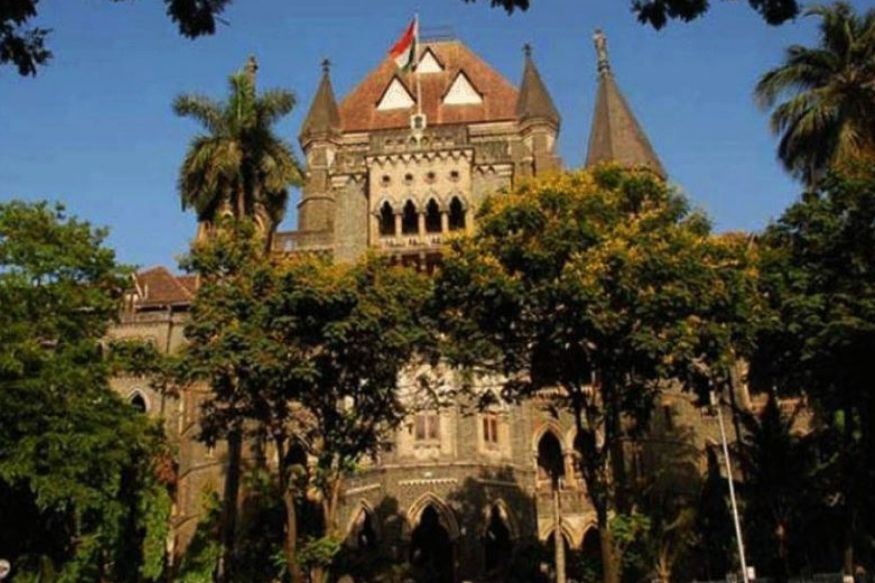The Bombay High Court has dismissed a petition challenging the Maratha reservation policy, a significant judgment in the context of affirmative action in India. This ruling holds implications not just for the Maratha community, but also for the broader dynamics of reservation policies across various states in the country. Stakeholders are now left to ponder the court’s comments regarding the reservation’s percentage being deemed ‘unjust’.
Background of Maratha Reservation
The issue of Maratha reservation emanates from the demand for social, educational, and economic upliftment of the Maratha community, which constitutes a substantial portion of Maharashtra’s population. Historically, this community has sought inclusion in quotas that would afford them the same opportunities available to other backward classes.
Legal Developments
| Date | Event |
|---|---|
| 2018 | Government of Maharashtra announces 16% reservation for Marathas in educational institutions and government jobs. |
| 2021 | Supreme Court stays the implementation of 16% reservation. |
| 2023 | Bombay High Court dismisses the petition against Maratha reservation but criticizes the quota percentage. |
Challenges Facing Maratha Reservation
Despite the High Court’s dismissal of the petition, the ruling has raised questions about the constitutional validity and ethical justification of a 16% reservation. Critics argue that this percentage is excessively high, leading to claims of reverse discrimination against other communities that rely on reservation benefits.
Implications of the Ruling
The High Court’s assertion that the 16% reservation is ‘unjust’ puts pressure on the Maharashtra government to reconsider the policies surrounding reservation for the Maratha community. This comes at a time when the socio-political landscape of Maharashtra is already fraught with tension over reservation issues, exacerbating the ongoing debates about equitable representation and resource distribution.
Conclusion
The Bombay High Court’s dismissal of the petition against Maratha reservation showcases the complex dynamics of caste-based reservations in India. While the ruling provides temporary relief to the Maratha community, it also emphasizes the need for a thorough review of existing policies to ensure just and equitable opportunities for all social groups. The government must now grapple with the implications of the court’s remarks and work towards a solution that adequately addresses the needs of various communities while maintaining fairness in the reservation ecosystem.
